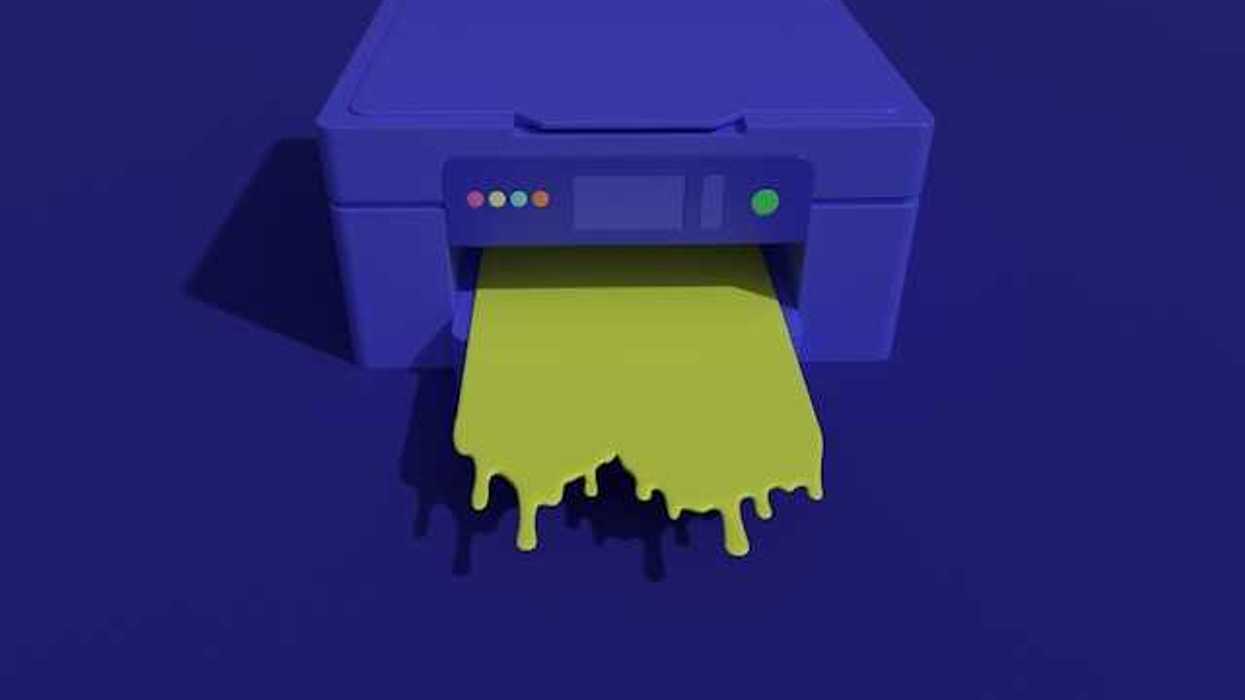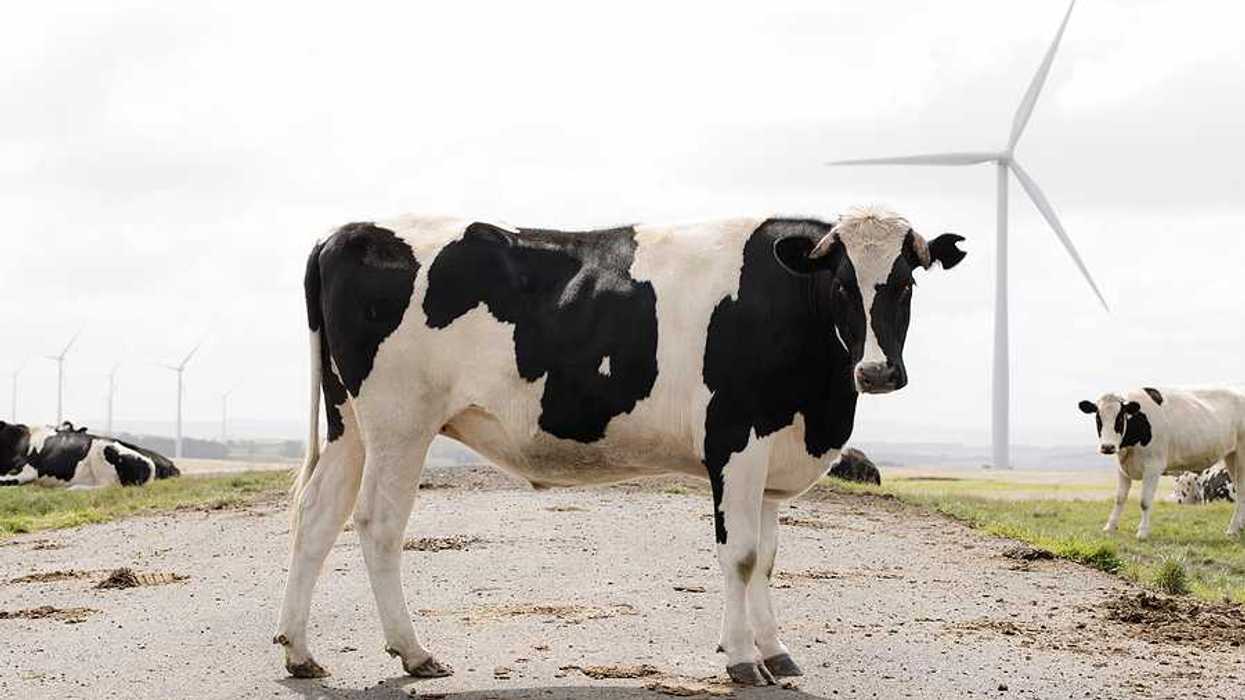Kentucky legislators are advancing a bill that could prevent citizen-gathered air pollution data from being used in enforcement cases, a move environmental advocates say would weaken community monitoring efforts.
Liam Niemeyer reports for the Kentucky Lantern.
In short:
- House Bill 137 would require air pollution data used in enforcement actions to meet U.S. Environmental Protection Agency standards, potentially excluding evidence from community monitoring groups.
- Supporters say the bill ensures only “legitimate” data is used, while critics argue it would hinder regulatory efforts and citizen complaints, especially in areas near industrial sites.
- The bill mirrors a Louisiana law restricting the use of community air monitoring data and could conflict with federal Clean Air Act provisions on credible evidence.
Key quote:
“It’s important for us to have varying tools, in addition to our lived experience, so that our arguments can be seen as legitimate and can be verified. They’re trying to remove those tools that we use to verify that we are being harmed.”
— Eboni Cochran, co-director of Rubbertown Emergency ACTion
Why this matters:
Community air monitors have played a key role in exposing pollution hotspots, particularly in areas near industrial plants. Many residents rely on low-cost sensors to track air quality, revealing gaps in official monitoring. Limiting what evidence regulators can consider could make it harder to hold polluters accountable, especially in places like West Louisville, where chemical plants have long been the subject of community complaints. Critics warn the bill could allow industries to police themselves while sidelining public concerns about air quality and health risks.
Related EHN coverage:













